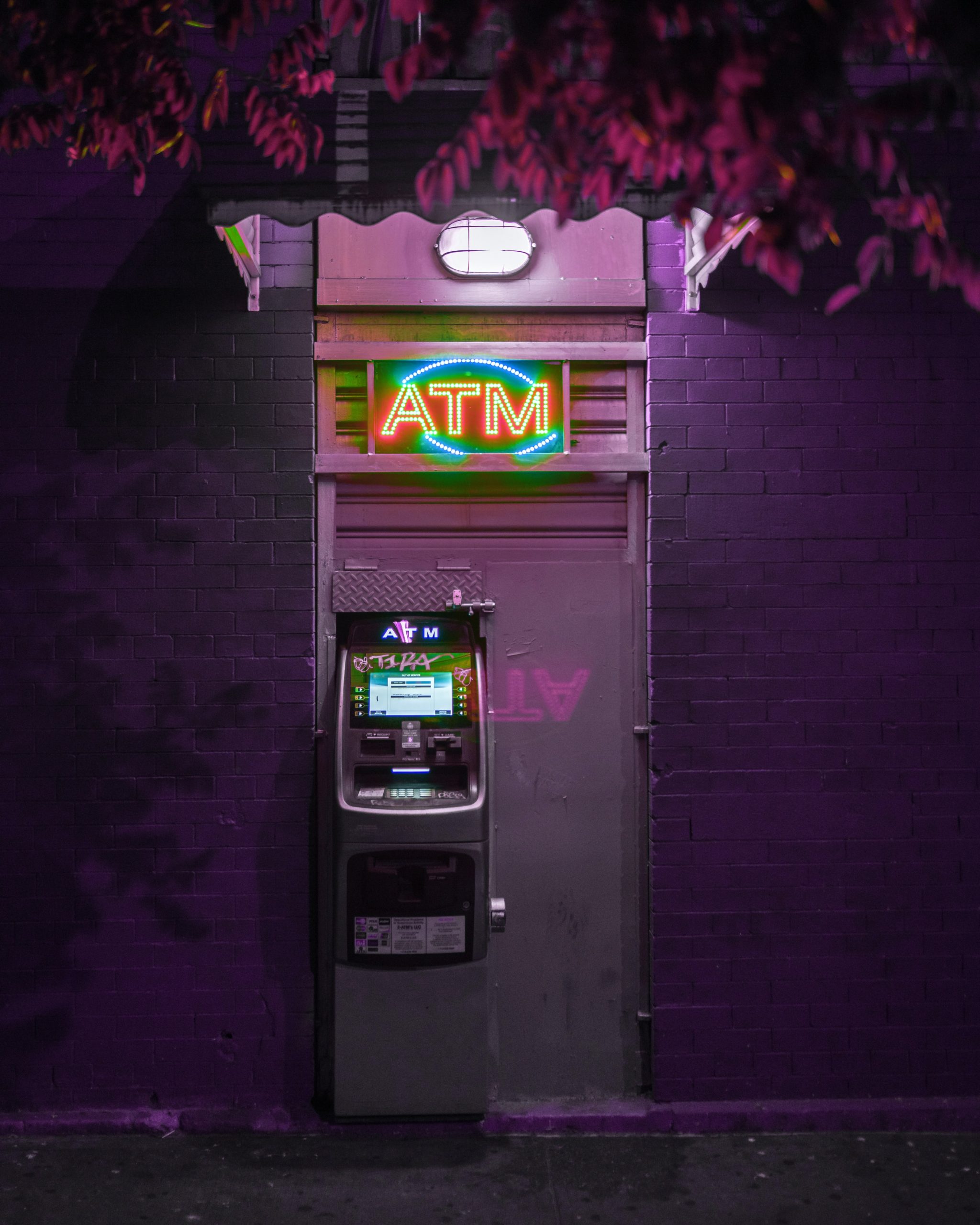When one of India’s largest conglomerates, valued at over $200 billion across sectors, invests billions in a new space and makes it the centerpiece of its future growth, you have to sit up and take attention.
So when a friend working at Tata gave me access to the Neu App, which combines planes, hotels, medicines, and groceries in one spot, I was excited to see how an age-old institution is adapting to the new technological game, and what fresh ideas and methods it brings to the table.
The app appears to be excellent right away. The app’s default background is dark, but individual icons and the Neu logo pop with color. I mention this up front because, as a user unfamiliar with the Amazons, Nykaas, and Swiggys of the world, the design choices are the first thing that strikes you. The mechanics of shopping are dealt with later. The app has a luxury feel to it, with a slick black background contrasting with colors, as opposed to Amazon, which feels a lot messier (even though you would spend lakhs on it). The app’s home screen resembles a digital replica of the shopping area at Dubai Airport.
A super app that aims to transform customer behavior (we typically use three to four commerce applications for food, grocery, gadgets, clothing, and general purchases, not including flights and hotels) must be simple to comprehend and navigate. The Neu app does not overburden you with information, but it does make it plain that this is, well, neutral. Inside it, it features services like Tata-owned groceries BigBasket and prescription delivery company 1mg. As a result, using them feels like using an app within an app.
On this app, you may shop for gadgets with Croma, book a flight with AirAsia, book a hotel with Taj, manage your satellite TV with Tata Sky, and buy luxury and beauty products with Cliq. It also provides personal loans, short-term credit, and insurance, as well as one-stop bill payment for all of your bills.
Both Vistara, Tata’s aviation venture with Singapore Airlines, and Cure. fit, a health and fitness startup in which it owns a little more than 10% and whose CEO Mukesh Bansal is now a major Tata executive, has yet to be announced.
While they may be added later (it is still a trial/beta version with the app set to be rolled out with the IPL cricket tournament next month), Vistara feels like a big miss because it has a loyal customer base that is willing to pay for things—exactly who the Neu app is aiming for—rather than AirAsia as a low-cost limited-region alternative.
In addition, rather than being a simple shopping gateway, the app has an editorial aspect to it. There are travel and fashion articles and listicles presented in a fashion-blogger style. This reminded me of Myntra, which similarly appears to offer a more personalized experience, providing advice for summer and winter clothing, as well as fashion combinations and accessories. Now, it’s not that coincidental- Bansal, a Tata executive, formed




